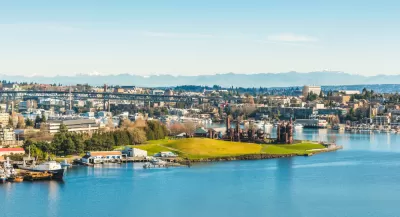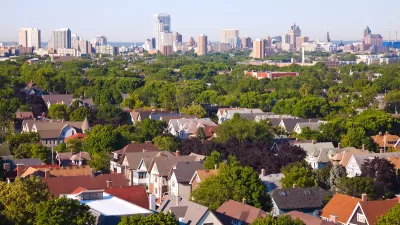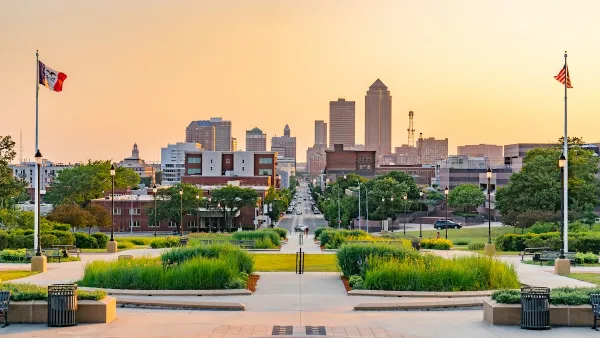Permits for accessory dwelling units jumped by 250 percent between 2019 and 2022.

Since Seattle started permitting accessory dwelling units (ADUs) in 2019, the city has seen a surge in applications for backyard cottages and other ADUs. According to an article by Daniel Beekman in The Seattle Times, “Almost 1,000 ADUs were permitted last year, up from 280 in 2019.”
That number comes from a report evaluating the success of the city’s ADU policy that could serve as evidence for state legislators, who are considering loosening regulations on ADUs and other mid-density housing types statewide. “House Bill 1337 would remove many barriers to ADUs, while Senate Bill 5235 would also remove some. House Bill 1110 would allow duplexes, fourplexes and sixplexes in more areas.” As Beekman explains, “Proponents of those bills can point to ADUs in Seattle as proof of policy decisions boosting a city’s housing supply with diverse choices in popular areas, while skeptics may question how affordable some of the new choices are — or simply object to density in their neighborhoods.”
Washington needs to add 55,000 housing units in the next two decades to meet demand, and proponents of ADUs say they are an effective and affordable option that maintains low density in neighborhoods while adding housing units and giving homeowners an opportunity to earn extra income.
The report notes that ADUs are being built in almost all parts of Seattle, including single-family zones that are otherwise resistant to new housing. “Many new ADUs are being developed in conjunction with new houses in three-unit packages that resemble town houses, the report notes.”
Not all ADUs become long-term housing, however. “The report estimates that 12% of ADUs in Seattle are currently licensed as short-term rentals like those advertised on Vrbo and Airbnb.”
FULL STORY: Seattle is now building more ADUs than single houses

Maui's Vacation Rental Debate Turns Ugly
Verbal attacks, misinformation campaigns and fistfights plague a high-stakes debate to convert thousands of vacation rentals into long-term housing.

Planetizen Federal Action Tracker
A weekly monitor of how Trump’s orders and actions are impacting planners and planning in America.

Chicago’s Ghost Rails
Just beneath the surface of the modern city lie the remnants of its expansive early 20th-century streetcar system.

Bend, Oregon Zoning Reforms Prioritize Small-Scale Housing
The city altered its zoning code to allow multi-family housing and eliminated parking mandates citywide.

Amtrak Cutting Jobs, Funding to High-Speed Rail
The agency plans to cut 10 percent of its workforce and has confirmed it will not fund new high-speed rail projects.

LA Denies Basic Services to Unhoused Residents
The city has repeatedly failed to respond to requests for trash pickup at encampment sites, and eliminated a program that provided mobile showers and toilets.
Urban Design for Planners 1: Software Tools
This six-course series explores essential urban design concepts using open source software and equips planners with the tools they need to participate fully in the urban design process.
Planning for Universal Design
Learn the tools for implementing Universal Design in planning regulations.
planning NEXT
Appalachian Highlands Housing Partners
Mpact (founded as Rail~Volution)
City of Camden Redevelopment Agency
City of Astoria
City of Portland
City of Laramie





























